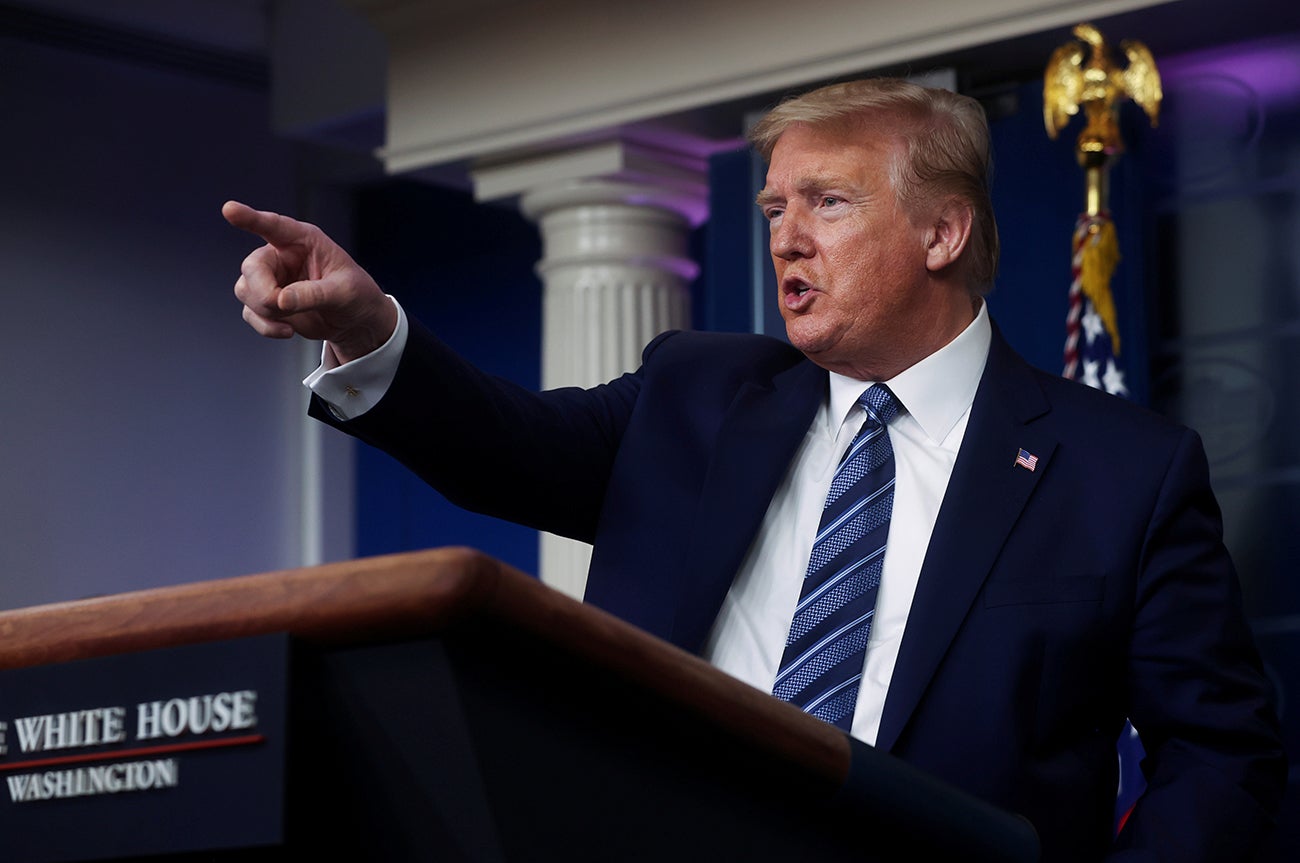Trump’s latest anti-immigration policy will require some Africans to pay $15,000 bonds for visas
For nationals of 15 African countries, applying for a US visa is about to become up to 50 times more expensive.


For nationals of 15 African countries, applying for a US visa is about to become up to 50 times more expensive.
A new rule by the outgoing Trump administration will require applicants for tourist and business visas from some countries to pay a bond of up to $15,000 in addition to visa fees which currently range from $160 to $300.
The US Department of State says the requirement will be implemented on a temporary basis for a period of six months between December and June as a pilot scheme to test run the policy. The visa bond will apply to countries whose nationals had overstay rates of 10% or more as of 2019. In total, 23 countries will be affected.
The seeming rationale for the visa bonds, which will range from $5,000 to $15,000, is that they will serve as a deterrent to visitors overstaying visas given the prospective penalty of forfeiting the money. But the US is also wielding the policy as an instrument of diplomacy to force other governments to become more proactive with driving down overstay rates of their nationals.
As a department of state memo says, through the policy, “the US Government sends a message to all countries that high overstay rates may result in measures that negatively affect broad categories of their nationals, thereby encouraging countries to take action to encourage their nationals to comply with US immigration law.”
But the move is also more likely to be seen as yet another anti-immigration policy by the Trump administration which disproportionately affects African countries. In September, a proposed change by the US Department of Homeland Security moved to limit visa terms to two years for some international students with Africa accounting for 36 of the 59 countries affected.
The continent has also borne the brunt of several of the Trump administration’s anti-immigration policies. Indeed, Trump’s high-profile and controversial “Muslim ban” in the early days of his administration affected Sudan, Libya, and Somalia. In January, a watered-down version of the ban was expanded to included Nigeria, Eritrea, and Tanzania.
While Nigeria has typically seemed a prime subject of the Trump administration’s recent anti-African immigration policies, Africa’s most populous country is not affected by the latest visa bond policy. Nigeria did rank high among countries with visa overstays in the US in 2018, but the new policy requirement will be placed on countries with over 10% of nationals overstaying their visas as of 2019. It’s also worthy to note that Nigeria had the largest global drop-off in visitors to the US last year.
It’s unclear how much these tighter US immigration rules targeting African visitors will change with the incoming Joe Biden administration from Jan. 20. But many US-Africa watchers expect an immediate improvement in diplomatic rhetoric and broad government-to-government relations which may broadly improve US-Africa relations.
Sign up to the Quartz Africa Weekly Brief here for news and analysis on African business, tech, and innovation in your inbox